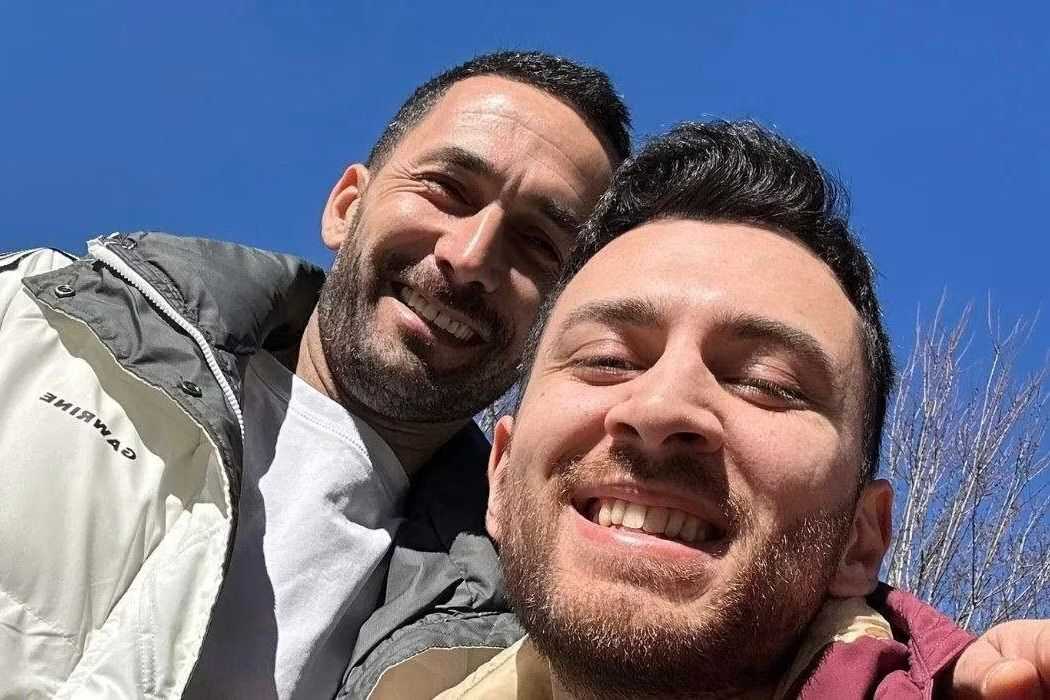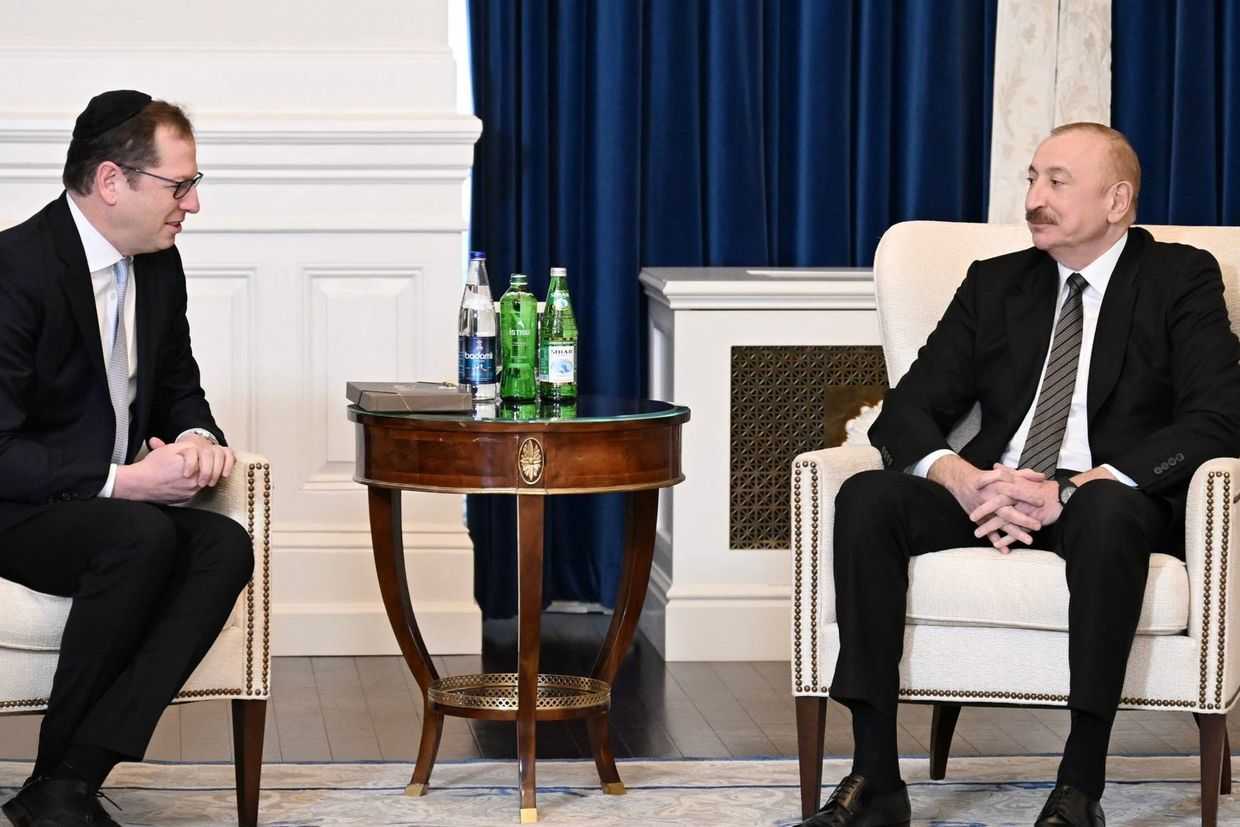
Discrimination against trans people in Azerbaijan has very direct economic impacts, with many struggling to find jobs or flats, and ending up at risk through black market work and precarious housing.
Durdana, 29, was born and raised in Baku. She left home seven years ago, after coming out as trans.
In the years since, she has been arrested, rejected from housing and employment opportunities for being trans, and, in the past two years, failed to find any work after the one stable employer she had had was forced to shut down.
‘Currently, the support I receive comes from community and women’s organisations within civil society. The community supports me both financially and morally’, she says. ‘I just want to start a business.’
Durdana is not alone in being denied access to vital services and opportunities due to being transgender. While statistics are hard to come by, it is clear that many, possibly even most, trans people in Azerbaijan struggle to meet their basic needs.
In an already challenging environment where many citizens struggle to find work, cover their living costs, and navigate increasing government pressure, the environment is even more hostile to trans people, who face insults, discrimination, violence, and exclusion from society. Trans people become doubly marginalised, both socially ostracised and denied access to basic needs.
‘After the place went bankrupt, I was left unemployed’, Durdana says of the trans-friendly restaurant she had worked at. ‘That place suited me because I worked behind the walls [in the kitchen]. Everywhere I had gone until then, I had faced discrimination.’
Cycles of abuse
Ayan, 23, also struggled to find employment as a trans woman, and has for a number of years been a sex worker, which is illegal in Azerbaijan.
Finding a way to earn a living and leave home was critical, as her family had abused her emotionally and physically since her childhood, with relatives beating her.
‘My mother even pressed a hot knife to my body and slammed my head against a heater because of my feminine behaviour’, says Ayan. ‘I developed epilepsy as a result of my family’s violence.’
Her mother took her to a psychologist multiple times and forced Ayan to take testosterone.
After years of abuse, Ayan ran away from home, moving in with her paternal grandmother until she was old enough to move to Baku.
In Baku, she began working in teahouses, hiding her identity and presenting as male.
‘I was very scared because my mother used to say that if she found out [that I had transitioned], she would burn herself and me with petrol’, says Ayan. ‘Later, the money I earned wasn’t enough to live on, so I had to start sex work.’
Durdana similarly attempted to conceal her gender, in her case cutting her hair and stopping hormones, in a move that she says was born out of absolute necessity.
But having previously undergone gender affirmation surgery, Durdana was no longer read as entirely male in professional and social environments.
‘Many workplaces [first] thought I looked like a child, then they perceived me as a “girl who turned into a boy” and would give me different excuses [for why they wouldn’t hire me]’, says Durdana. ‘Even though I signed job contracts five times, the employers [all] later changed their minds’.
She adds that she attempted to get a technical support job in the metro, sending the relevant paperwork to the Ministry of Emergency Situations’ clinic.
‘All my applications went unanswered’, says Durdana. ‘Apparently the state had access to both my feminine and masculine records, and saw that’.
Durdana notes that she also faced criticism from other trans people when she began to detransition.
‘My trans man friend told me, “by doing this, you lose people’s trust” ’, she says.
Durdana ended up distancing herself from the queer community she’d previously associated with due to such criticism, and lost the support she’d once had.
After falling into drug addiction, Durdana went to a rehabilitation centre.
‘I had to isolate myself from everyone for months. I couldn’t reach out to anyone, and I felt miserable’, she says.
Systemic oppression
Aida Mirzayeva is a social worker at the Gender Resource Centre, which provides psycho-social support to queer people in Azerbaijan. She says that homophobia and transphobia strongly contribute to unemployment.
‘People seeking financial security have to suppress their identity, and we even see cases of sexual harassment and physical violence in workplaces’, says Mirzayeva. ‘It is especially difficult for the trans community to find jobs, so most trans people are forced into sex work, or staying with violent partners or in hostile work environments. These situations affect both their physical and mental health.’
She adds that there are no support mechanisms, and no hospitals or psychological centres aimed at providing them with support, with some doctors refusing to treat trans people.
She adds that such constraints also reduce access to education, as well as increasing the likelihood of homelessness.
Ayan was told by an estate agent that she shouldn’t bother looking for a flat because ‘no one in Azerbaijan rents to a trans person’. Recently, she has been living in a flat rented under a friend’s name, but many others are pushed into illegal or dangerous living situations, or find themselves on the streets.
‘The cycle continues, creating a continuous chain where every problem is linked to the other’, says Mirzayeva.
Such problems and risks are often violent, and sometimes deadly.
‘Once, a trans sex worker I knew was called to a hotel by a homophobic group. A group of men beat her in the hotel room’, says Ayan. ‘Neither the hotel staff nor the police intervened. I am in shock from these incidents; not a single person defended my acquaintance. Her face was covered in blood. People know that our complaints will not be addressed, which is why they feel emboldened to attack.’
Around the same time, someone accosted Ayan, pulling a knife on her and calling her a whore because she was wearing a short dress.
When she called the police, they started questioning Ayan about her official registration.
‘They didn’t call me back from the station until 40 minutes later’, says Ayan. ‘By that time, I had already escaped with the help of people on the street. I didn’t share what happened with anyone. I just dusted myself off and went home.’
Durdana similarly has no trust in the police, particularly after harassment and verbal abuse in June 2018.
A police car detained Durdana and her friend in Sumgayit, an industrial city near Baku, as they were walking.
‘Apparently, a theft had occurred in the city, and the then chief of the department wanted to frame trans people. They kept us standing in high heels until morning, took our pictures, and insulted us’, she says. Amongst their harassers was the department’s chief of police.
They were released the next morning, but received no response to their appeals for the police to be held accountable for their treatment. Months later, Durdana’s friend set herself on fire in front of the main police department in Sumgayit in protest, sustaining burns to 72% of her body. Only after that incident was the police chief dismissed, with police harassment of trans people decreasing in Sumgayit.
Durdana maintains that she can only rely on the support of her close friends.
‘The relationships I have built on solid foundations support me’, she says. ‘I am reborn with the sun and will continue to fight.’
‘None of our murderers are caught, and we demand our rights’, adds Ayan. ‘We want proof. We want to see the killers of our friends caught. Every day, we go out wearing our shrouds. Every time I step outside, I prepare as if I’m going to a war zone.’
Names have been changed for the safety of respondents.








